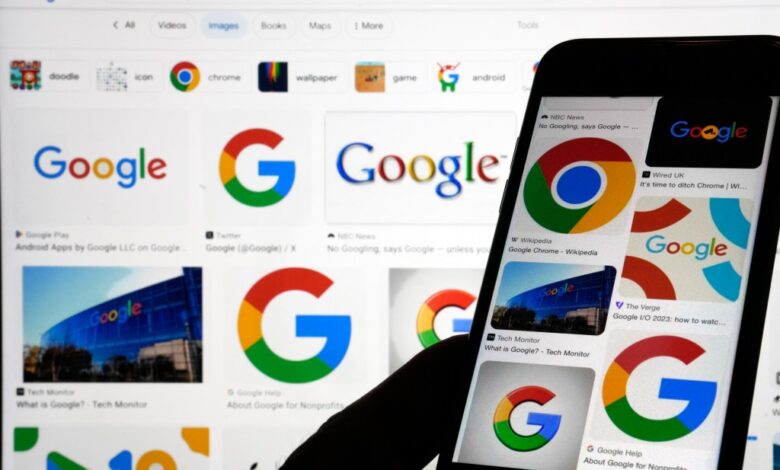DOJ win over Google will ‘very likely’ kill $25B iPhone deal: Jefferies

Google is “very likely” to be barred from paying billions of dollars each year to Apple to ensure its search engine is enabled by default on iPhones after its stunning loss to the Justice Department in a landmark antitrust trial, according to analysts at Jefferies.
Judge Amit Mehta ruled in August that Google has an illegal monopoly over online search and specifically called out the firm’s habit of cutting checks for default status – including $20 billion to Apple in 2022 alone – as an anticompetitive tactic. The judge is expected to announce remedies by next summer.
“One very likely rectification is to ban GOOG from paying AAPL to be the exclusive search engine on iPhone,” the Jefferies analysts said in a note to clients on Wednesday.
Jefferies estimated that Apple earned $25 billion in payments from Google in fiscal 2024, which would be equivalent to 20% of the iPhone maker’s pretax profit.
Still, any impact to the bottom lines of Google and Apple is likely far off in the future. Google has already said it is appealing Mehta’s initial ruling in the search trial, while CEO Sundar Pichai has warned that the court battle will take “years” to resolve.
The final result “could take between three and eight years for the final settlement to be decided based on precedents,” the Jefferies analysts said.
“Moreover, although an exclusive deal would unlikely be allowed, the DoJ may not stop GOOG from having a revenue share agreement with AAPL, as long as it is not an exclusive deal and AAPL would allow other search engines to be available for users to choose from,” the note added.
In a filing last week, the DOJ said it is considering whether to ask Mehta to order a breakup of Google’s empire through divestment of assets such as its Chrome browser, its Google Play app store or its Android operating system.
The judge could also force Google to stop making payments to smartphone makers like Apple and carriers like AT&T, or require Google to share relevant search data, indexes and models with its rivals.

Google filed back, describing the DOJ’s remedy framework as “radical” and claiming its proposals go “far beyond the specific legal issues in this case.”
“Government overreach in a fast-moving industry may have negative unintended consequences for American innovation and America’s consumers,” Google’s vice president of regulatory affairs Lee-Anne Mulholland said in a blog post. “We look forward to making our arguments in court.”




